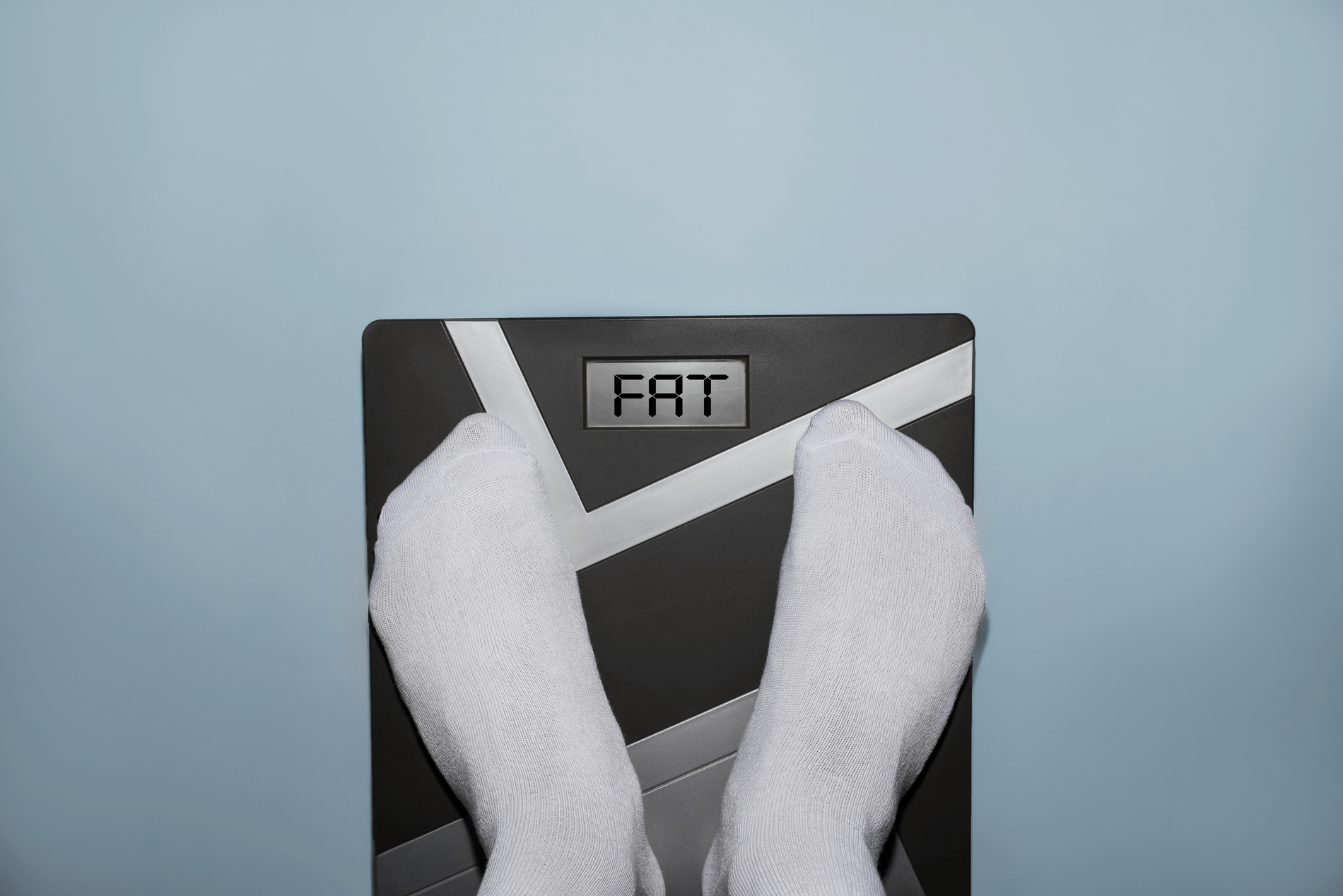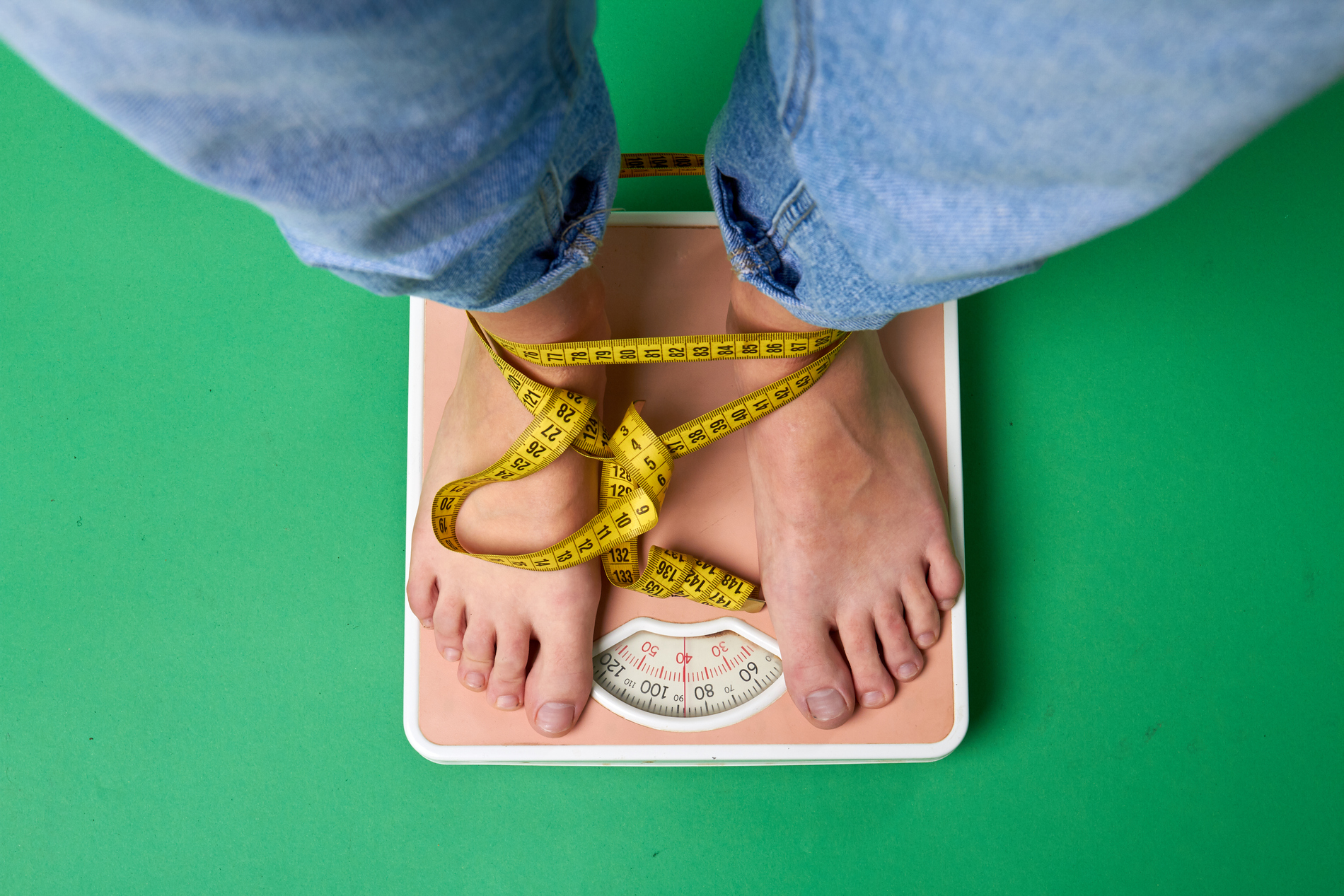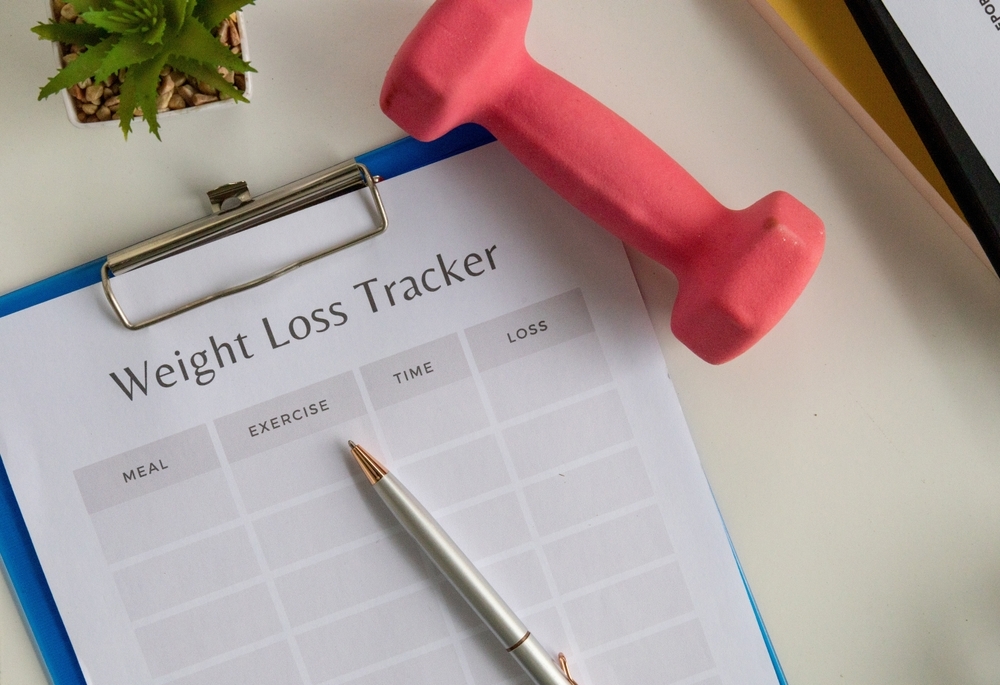
Losing weight can be discouraging, particularly if you’re exercising frequently, eating healthier, and maintaining your discipline and nothing seems to be changing. In actuality, fat loss involves more than just comparing caloric intake and expenditure. Experts in nutrition and health claim that there are a few small but significant errors that can prevent you from losing extra weight. Let’s examine the top 14 fat-loss blunders and how to avoid them.
1. You’re Not Eating Enough Calories

Unexpectedly, eating too little can actually make it harder to lose weight. Your body enters survival mode when you drastically cut back on calories, slowing down your metabolism and storing fat. According to experts at the American Council on Exercise, your body may start breaking down muscle for energy as it prioritizes vital processes. Your metabolic rate is further lowered by this muscle loss, which makes burning fat more difficult. Aim for a moderate calorie deficit and concentrate on providing your body with complete, well-balanced meals rather than starving it.
2. You’re Not Doing Strength Training

Cardio is excellent for heart health, but it won’t be enough to effectively burn fat if you only use it. Gaining lean muscle mass through strength training raises your resting metabolic rate, which means you burn more calories even when you’re not exercising. Strength training activities should be included at least twice a week, according to the Centers for Disease Control and Prevention (CDC). Not only can resistance training help you lose weight, but it can also help you reshape your body and improve your overall composition.
3. Your Workouts Lack Intensity or Variety

Maintaining light-intensity routines or doing the same easy workout every day may feel comfortable, but it won’t force your body to change. Fat loss will plateau if you don’t push your muscles or up the intensity of your workouts because our bodies adapt quickly. By switching between short rest intervals and bursts of intense activity, High-Intensity Interval Training (HIIT) is a tried-and-true way to burn more fat in less time. To maintain the effectiveness of your workouts, experts advise progressively increasing the resistance, duration, or speed.
4. You’re Not Getting Enough Sleep

Your energy levels are just one aspect of sleep deprivation. The National Sleep Foundation states that getting too little sleep interferes with the hormones that regulate hunger and fullness, ghrelin and leptin, which causes cravings to increase, bad eating habits, and a slower metabolism of fat. In actuality, people who don’t get enough sleep are more likely to accumulate fat, particularly around their abdomen. Aim for 7 to 9 hours of good sleep each night and stick to a regular sleep schedule for the best fat-burning results.
5. You’re Not Tracking Your Food Accurately

You might be overeating even if you’re eating healthily. Particularly when it comes to snacks, sauces, oils, and portion sizes, a lot of people underestimate how many calories they consume. To identify hidden calories, registered dietitians advise using a trustworthy food log or app to track your meals for a few days at least. You can make better decisions and modify your diet for consistent fat loss once you have a clear picture of what you are consuming.
6. You’re Drinking Too Many Calories

The calories in your drinks are easy to overlook, but they can mount up quickly. Smoothies, juices, energy drinks, alcoholic beverages, and flavored coffees are examples of liquid calories that frequently go unnoticed and fail to satiate hunger. Harvard Health claims that these beverages, especially when taken frequently, can raise insulin levels and promote fat storage. To help you lose weight, replace sugary drinks with water, unsweetened teas, or black coffee.
7. You’re Not Eating Enough Protein

One of the most important nutrients for fat loss is protein. In comparison to carbohydrates or fats, it has a high thermic effect, which means your body burns more calories while digesting it. It also helps maintain muscle and increases satiety, which makes you feel fuller for longer. If you’re active and trying to lose fat, health experts advise consuming 0.8 to 1.2 grams of protein per pound of body weight. Ensure that every meal contains a high-quality protein source, such as Greek yogurt, eggs, chicken, tofu, or legumes.
8. You’re Only Using the Scale to Track Progress

Although the scale is a useful tool, it is not a complete picture. Water retention, muscle growth, hormonal changes, or digestion can all cause weight fluctuations. Your weight may remain the same or even rise if you are simultaneously losing fat and gaining lean muscle. For a more realistic view of your results, experts advise using additional progress indicators, such as body measurements, energy levels, how your clothes fit, and progress photos.
9. You’re Chronically Stressed

Although chronic stress is frequently disregarded, it can be a significant obstacle to weight loss. Constant stress causes your body to produce too much cortisol, a hormone that is linked to cravings for high-fat, high-sugar foods and an increase in belly fat. Prolonged stress can also result in emotional eating and sleep disturbances, according to the American Psychological Association. Stress management and fat-burning initiatives can be supported by incorporating relaxation techniques like deep breathing, journaling, meditation, or nature walks.
10. You’re Eating “Healthier” Junk Food

Something is not necessarily beneficial for fat loss just because it is labeled “gluten-free,” “keto,” or “vegan.” A lot of processed health foods still contain a lot of sugar, artificial ingredients, and calories. These foods can cause cravings, raise insulin levels, and impede your progress, according to nutrition experts. Real, minimally processed foods, such as fruits, vegetables, lean meats, and whole grains, are the best option because they offer vital nutrients without the unintended consequences.
11. You’re Not Drinking Enough Water

Water is essential for digestion, appetite control, and fat metabolism. Dehydration can slow down your metabolism, make you feel hungry when you’re just thirsty, and make you feel exhausted. Water consumption prior to meals can lower caloric intake and promote fat loss, according to a study published in Frontiers in Nutrition. Drink 75 ounces per day, or half your body weight in ounces, if you weigh 150 pounds. If you’re active or live in a hot climate, try to consume more.
12. You’re Inconsistent with Your Routine

When it comes to losing fat, consistency is more effective than intensity. Your progress can be undone by a weekend of overeating after a flawless week. Regularity—balanced meals, regular exercise, drinking enough water, and getting enough sleep—is what your body needs to thrive. The significance of consistent routines over time is emphasized by research published in the International Journal of Obesity. Long-term success is achieved by forming enduring healthy habits, such as meal planning, daily walking, and workout scheduling.
13. You’re Following Diet Trends Without Personalization

Although they rarely produce long-lasting change, fad diets frequently promise immediate results. Frustration, nutrient deficiencies, and rebound weight gain can result from abruptly switching from keto to fasting to low-fat diets without knowing your body’s needs. The best strategy is one that suits your goals, preferences, and way of life, according to the Academy of Nutrition and Dietetics. Finding a balanced eating pattern that you can stick to for the rest of your life, not just a few weeks, is the key to personalization.
14. You’re Expecting Results Too Quickly

A lot of people give up on losing weight because they anticipate quick results. Healthy fat loss actually happens gradually; depending on your size and level of activity, it usually takes between 0.5 and 2 pounds per week. Loss of muscle or water, rather than fat, is typically a part of faster weight loss. Setting reasonable goals and celebrating small victories are crucial, according to health professionals. You can stay inspired on your journey by practicing patience and acknowledging non-scale victories, such as more energy, a happier mood, or better sleep.
Diet, exercise, sleep, stress, hydration, and attitude all have an impact on the complicated, whole-body process of fat loss. Leading health experts say that self-compassion, education, and consistency lead to genuine and long-lasting results. Instead of putting in more effort, you may need to change your strategy if your fat loss has plateaued. Give your body the time and encouragement it needs to change by evaluating your current habits and identifying one or two important areas for improvement.




